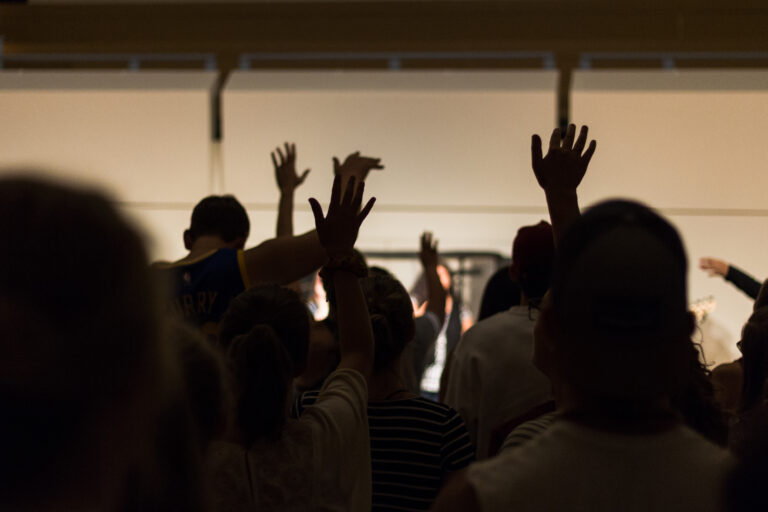With the support of a $1.125M grant from the Lilly Endowment, Inc., ��ݮӰ��’s Center for Civic Engagement (CCE) this fall will partner with the Firehouse Community Arts Center of Chicago, led by Rev. Phil Jackson, to empower youth and young adults in Chicago’s Black churches.
The five-year project, Elevating Church Outreach (ECHO) for the Next Generation Black Church, aims to harness the creative energy of youth and young adults to create programs that encourage churches to be more involved in their communities.
��ݮӰ��’s CCE will use the funds, in part, to offer mini-grants that support 20 youth-led, church-based social impact projects addressing anything from food insecurity to gang violence to youth homelessness, according to Rich Kohng, assistant vice president for civic engagement.
“In concert with our partners, our goal is to elevate youth voices within the church context,” Kohng said. “With the Firehouse as local convener and model, we hope the project will offer more avenues and resources so the local youth can dream of ways their churches can further impact their communities. This grant allows them to envision how they can do that.”
��ݮӰ�� faculty and staff involved in the project include project evaluator Dr. Amy Governale, co-evaluator Dr. Michelle Dodson, and faculty advisor Dr. Dan White-Hodge.
A group of local pastors and faith leaders who have built and sustained social impact programs across the city will serve as coaches for the youth and young adult teams.
“They’ll be there to help the groups talk about messaging, how to allocate funds, make a budget, and organize volunteers,” Kohng said.
The main goal of the ECHO initiative is to see youth and young adults thrive as leaders in the church, which in turn can stimulate new energy in local congregations while leading to increased community appreciation of their importance and relevance.
Kohng said, “It’s about building on the legacy of local congregations as significant agents of change and transformation in their communities.”


